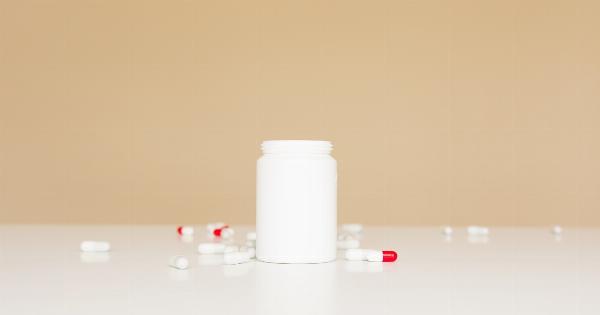Antibiotic resistance has become a growing concern in modern healthcare systems. The overuse and misuse of these life-saving drugs have led to the development of bacteria and other microorganisms that are no longer responsive to antibiotics.
While it is widely understood that the inappropriate use of antibiotics contributes to this problem, recent studies suggest that excessive cleanliness could also be a significant factor.
The Hygiene Hypothesis
The hygiene hypothesis posits that our modern obsession with cleanliness and sanitation might actually be harming our immune system’s ability to fight off infections.
According to this theory, exposure to a variety of microbes in early childhood helps build a robust immune system. Overly clean environments inhibit this exposure, leading to a weaker immune response and an increased susceptibility to infections.
Microbiome and Antibiotic Resistance
The human body is home to trillions of microorganisms collectively called the microbiome. These microbes reside on our skin, inside our mouths, and in our digestive tracts, among other areas.
A healthy microbiome plays a crucial role in maintaining our overall well-being, including our immune system’s ability to function optimally.
Studies have shown that antibiotic use disrupts the delicate balance of the microbiome by killing both harmful and beneficial bacteria.
When the balance is disturbed, it creates a vacuum that enables antibiotic-resistant bacteria to take over, leading to infections that are difficult to treat. This overuse of antibiotics, fueled in part by excessive cleanliness, amplifies the problem.
Antibacterial Products
In an effort to rid our environments of harmful bacteria, people often turn to antibacterial products such as soaps, hand sanitizers, and household cleaners.
These products contain chemicals like triclosan and triclocarban, known for their antimicrobial properties.
While their intention may be to protect against infectious diseases, the widespread use of these products has unintended consequences. Continuous exposure to antibacterial agents can promote the emergence of antibiotic-resistant bacteria.
The constant onslaught of antimicrobial substances not only kills susceptible microbes but also selects for those that are resistant, contributing to the development of antibiotic resistance.
Reduced Exposure to Microbes
Modern society’s obsession with cleanliness also means we have limited contact with natural environments and animals.
Outdoor play areas have been replaced by screens, and concerns about germs have prevented children from engaging in activities that expose them to diverse microorganisms.
Research suggests that reduced exposure to a variety of bacteria and other microorganisms weakens the immune system.
Constant sterilization of our surroundings eliminates opportunities for exposure to harmless microorganisms that help train our immune system to differentiate between friend and foe.
Hand Hygiene Practices
Hand hygiene is one of the most essential practices for preventing the spread of infectious diseases.
While proper handwashing is crucial, excessive hand hygiene can decrease microbial diversity on the skin, similar to antibacterial products’ effects.
Studies have shown that healthcare workers who excessively use hand sanitizers are more likely to carry antibiotic-resistant bacteria on their hands.
This can lead to the transmission of such bacteria to vulnerable patients, further exacerbating the problem of antibiotic resistance in healthcare settings.
Reducing Excessive Cleanliness
Recognizing the harm excessive cleanliness can cause, efforts have begun to educate the population about the importance of embracing a more balanced approach to cleanliness and hygiene. Here are some steps that can be taken:.
1. Use Antibiotics Responsibly
Only use antibiotics when prescribed by a healthcare professional and complete the full course of treatment as instructed. Avoid using antibiotics for viral infections, as they are ineffective against such illnesses.
2. Avoid Overuse of Antibacterial Products
Limit the use of antibacterial soaps, hand sanitizers, and household cleaners.
Regular soap and water are sufficient for everyday handwashing, and non-antimicrobial cleaning products can effectively clean the home without promoting antibiotic resistance.
3. Embrace Nature
Encourage outdoor activities that expose individuals, particularly children, to natural environments and animals. Spending time in nature can help diversify the microbiome and strengthen the immune system.
4. Promote Proper Handwashing
Teach and promote proper handwashing techniques to prevent the spread of infections. Ensure that healthcare professionals are aware of the appropriate hand hygiene practices to minimize the transmission of antibiotic-resistant bacteria.
Conclusion
Excessive cleanliness, driven by a desire to eliminate all bacteria, has unintended consequences. The overuse of antibiotics and antibacterial products contributes to antibiotic resistance, making infections more difficult to treat.
By understanding the importance of a balanced approach to cleanliness and embracing our microbiome, we can reduce the risk of antibiotic resistance and promote healthier communities.





























